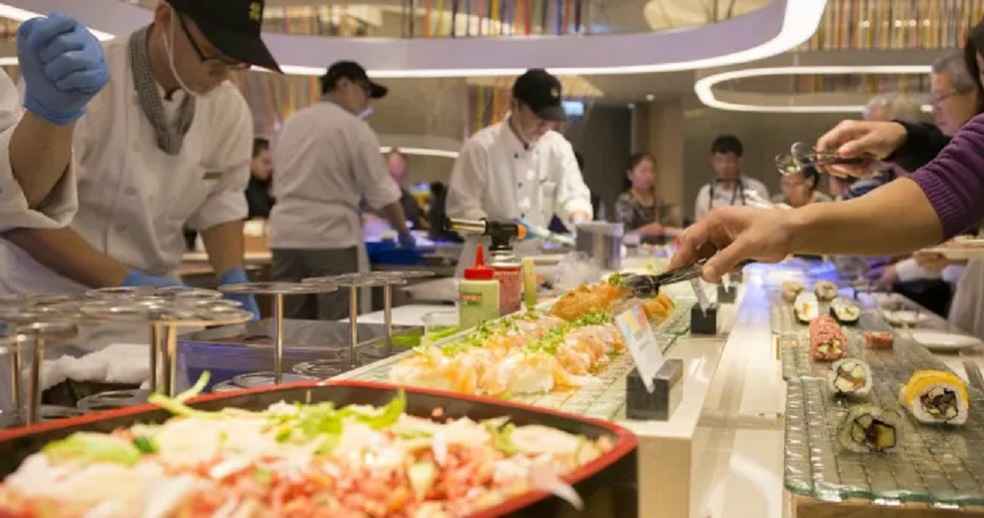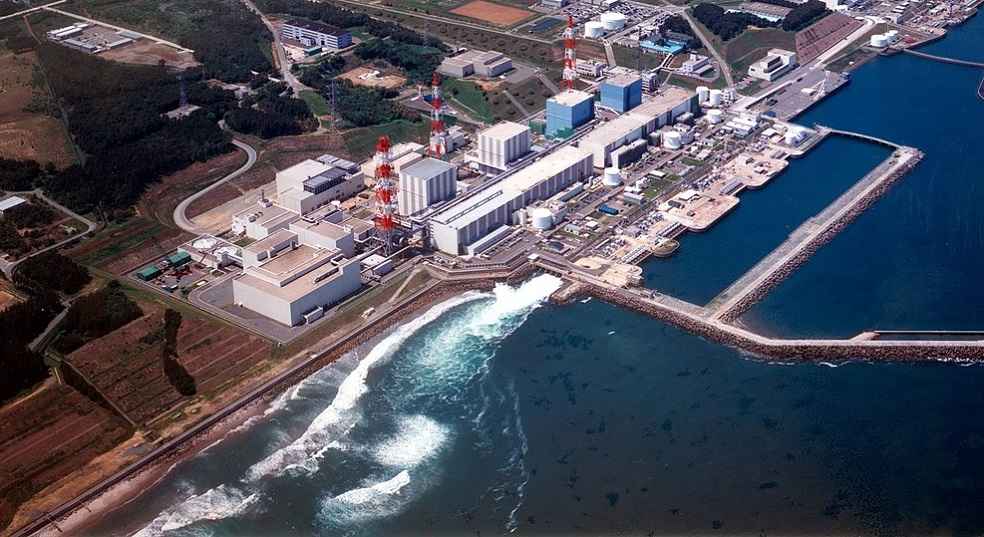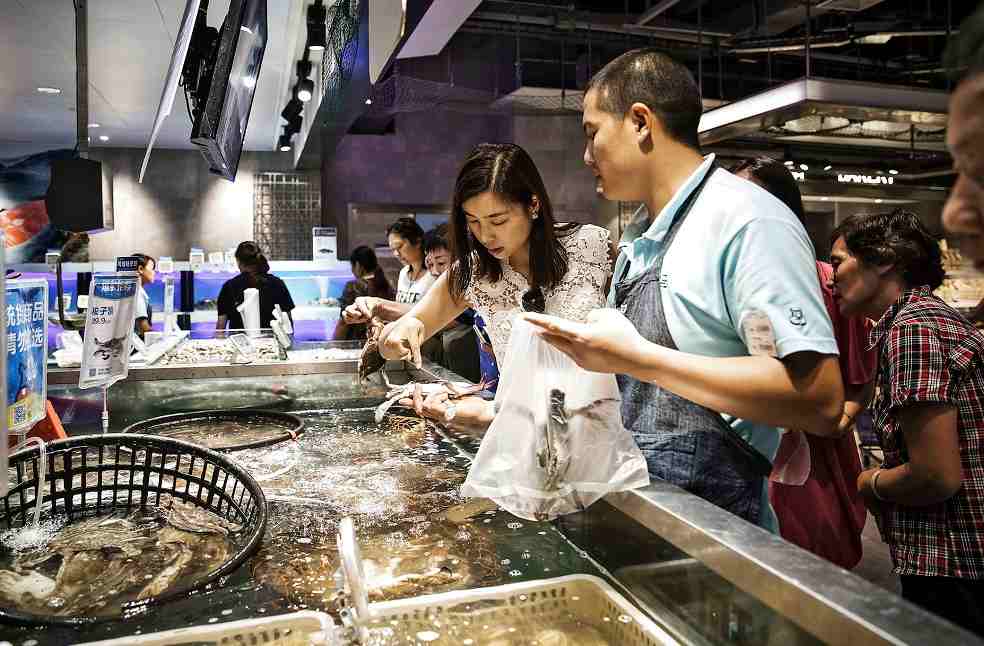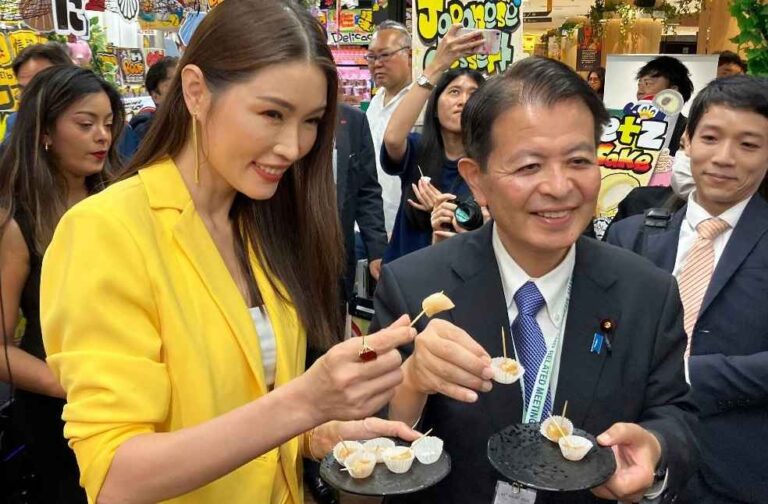Japan Proactively seeking mediation from the World Trade Organization (WTO) on China’s recent seafood ban. The ban came in the wake of the release of treated radioactive wastewater from the Fukushima Daiichi nuclear plant, even though Japan has consistently provided assurances of safety.
While seafood makes up only a small fraction of Japan’s exports, the ban’s impact is deeply felt. China was a major recipient of these exports, and its embargo has significantly impacted the revenues of Japanese seafood merchants. To mitigate these effects, the Japanese government set up a 20.7 billion yen ($141 million) emergency fund last month. This fund is intended to help seafood businesses diversify their markets and also support the government’s initiative to freeze and store seafood for future use.

Agriculture Minister Ichiro Miyashita emphasized Japan’s ongoing efforts to monitor and ensure the safety of its marine products. Miyashita commented that, Rigorous testing of seawater and fish since the wastewater release has consistently shown that they meet established safety standards.
While the idea of filing a formal complaint with the WTO remains on the table, Miyashita expressed a preference for a resolution that embraces mutual understanding and cooperation within the WTO’s established processes.
There are also whispers that Russia might consider a similar ban on Japanese seafood. On this, Miyashita stated that any decision by Russia would ideally be informed by comprehensive sampling and surveillance data. Japan remains open to sharing this data to alleviate any concerns.

The first phase of the nuclear wastewater release took place from Aug. 24 to Sept. 11. Japan is gearing up for another release cycle, which involves discharging 7,800 metric tons of treated wastewater into the Pacific Ocean over a period of 17 days. This action, expected to be a long-term measure, has faced resistance from local fishing communities and other nations, notably South Korea, where the move sparked considerable public protests.
On a brighter note, during Miyashita’s visit to Malaysia for discussions with Southeast Asian agricultural counterparts, Malaysia confirmed its continued trust in Japanese fishery imports. Mohamad Sabu, the Malaysian Agriculture Minister, stated that, testing reveals no radioactive contamination in fish from Japan. It remains safe for consumption.

Though there was a noticeable decline in seafood exports to Malaysia in August, Miyashita noted increased demand for specific products like yellowtail fish and frozen scallops. Japan also plans to organize international food exhibitions to further highlight the safety and quality of its seafood, aiming to enhance its export potential.
Looking forward, Japanese authorities are strategizing to tap into new export markets, including Taiwan, the US, Europe, the Middle East, and other Southeast Asian countries such as Malaysia and Singapore.
IMEX SECTOR | Japan Confronts China at WTO: Fukushima Seafood Ban Fallout



